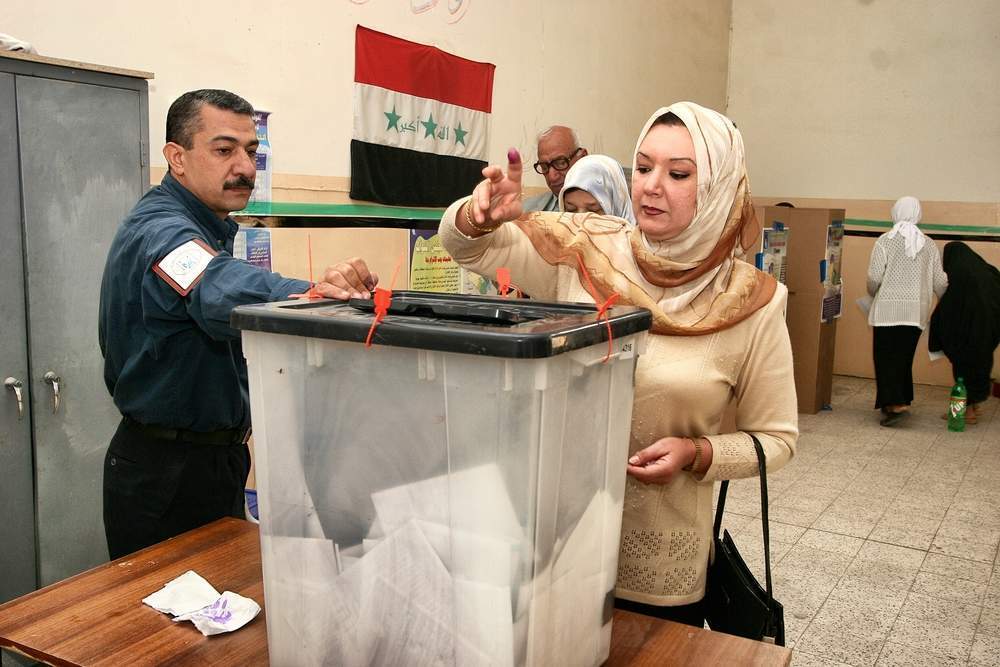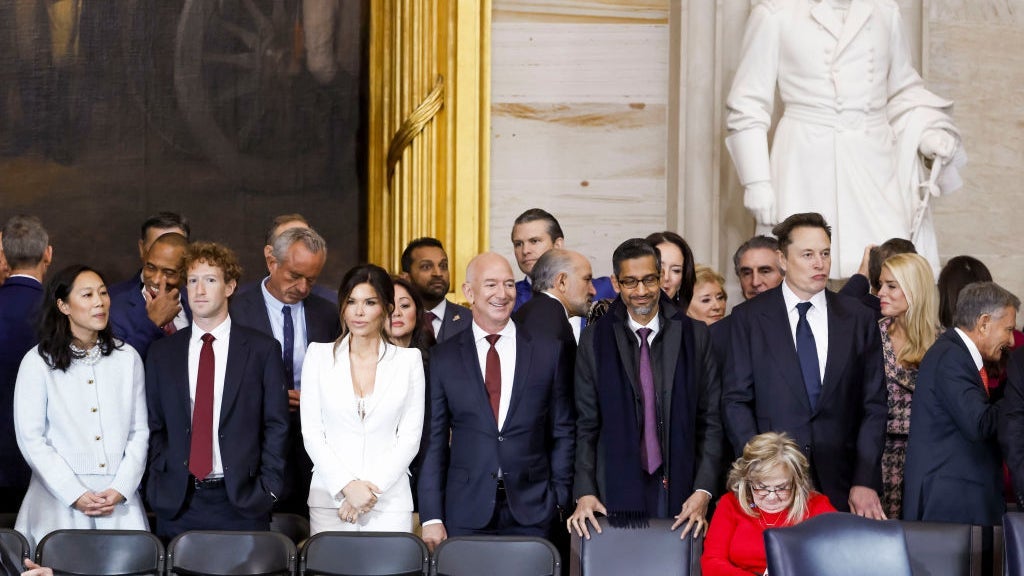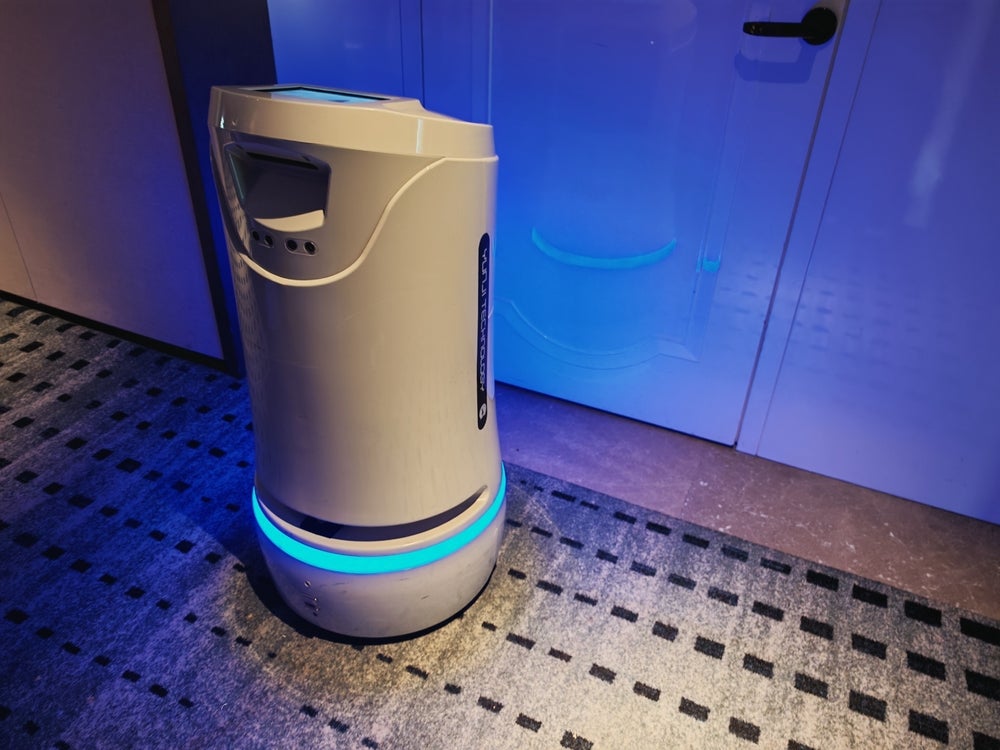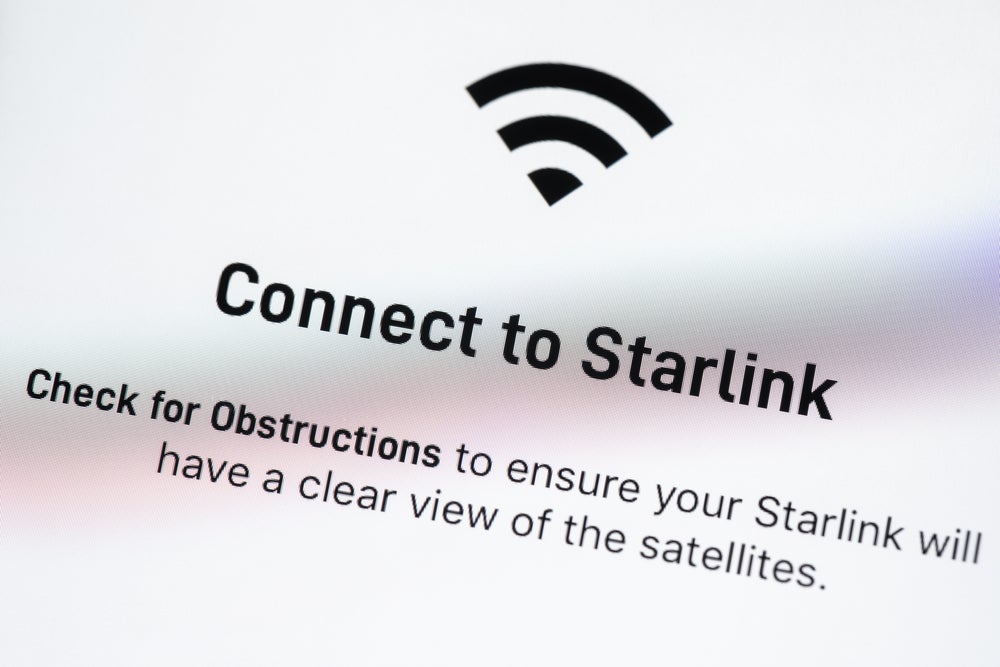
As the Iraqi election polls open tomorrow, the future of the country hangs in the balance. Who comes out on top will have important implications for a volatile region, especially as the 2015 Iran nuclear deal unravels.
Over the past four years, the country has been ravaged by a war against Isis, who have seized and then lost almost a third of the country.
Tens of thousands have been killed and almost six million people displaced.
The vote will mark a return to normality for the country, and the first election to take place since the group’s military defeat in Iraq in December 2017.
The country’s next leader will be tasked with rebuilding the economy and Iraq’s war-torn infrastructure, as well as battling the corruption, sectarianism and unemployment that has plagued past governments.
Their success will also depend on their ability to forge cross-sectarian alliances as under the current electoral system, one list or party won’t be able to form a government.
Shia candidates dominate the nine parties up for election, creating anxiety for Iraq’s between 15% and 20% Sunni population.
The rest of the country’s 37 million voters are between 60% to 65% Shia and between 15% and 20% Sunni, signalling a strong chance for Shia candidates.
This year’s election will see more than 7,000 candidates compete for just 329 seats in the Iraqi Parliament.
Iraq election: Runners and riders
The election front-runner is the current prime minister Haidar al Abadi whose Nasr, or Victory coalition, is the favourite for reelection.
His fiercest contender is paramilitary commander Hadi al-Amiri, who has a strong support base among Hashd fighters who fought the bloody war against Isis.
Both candidates are pro-Iran, while Amiri’s Badr Organisation receives funding from Tehran and harbours ambitions to model itself as the Iraqi version of the Iranian Revolutionary Guards and Hizbullah paramilitary organisations in Iran and Lebanon.
Another front-runner is sectarian former prime minister Nouri Al Maliki, who was disgraced and driven out of office when Isis swept into Mosul and seized large swathes of mostly Sunni territory.
Iraq announced this week that it would close its airports and border crossings for 24 hours for election day on 12 May.
The curfew came as Isis threatened to target election infrastructure throughout the country and anyone who supports or participates in the vote.







